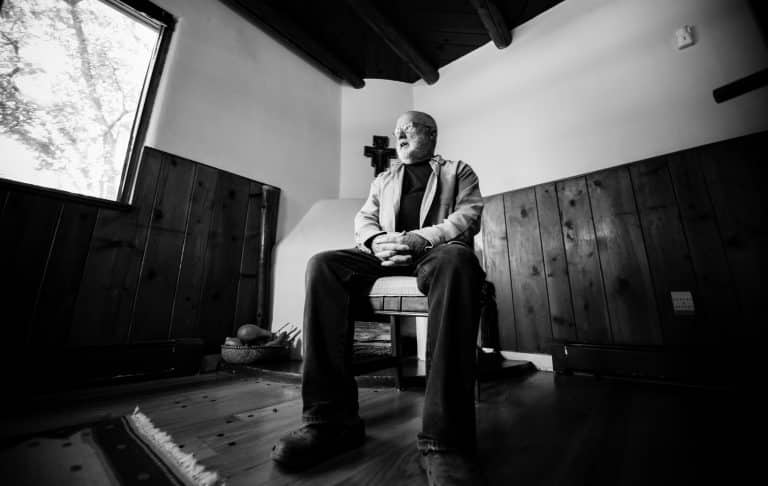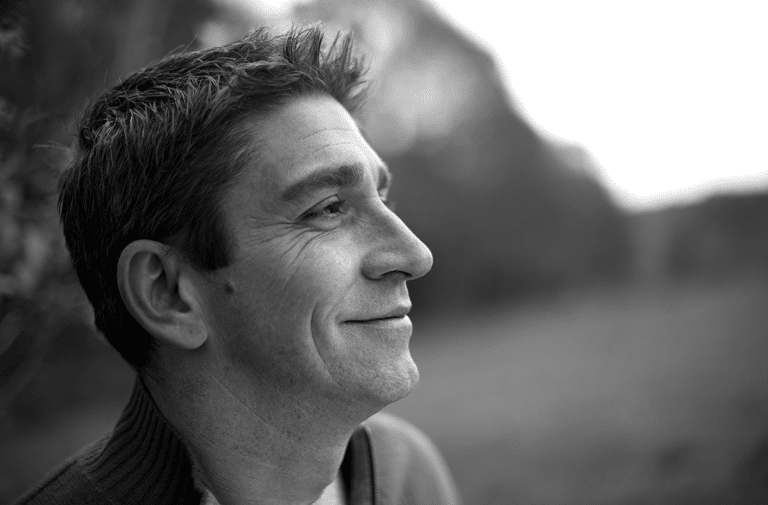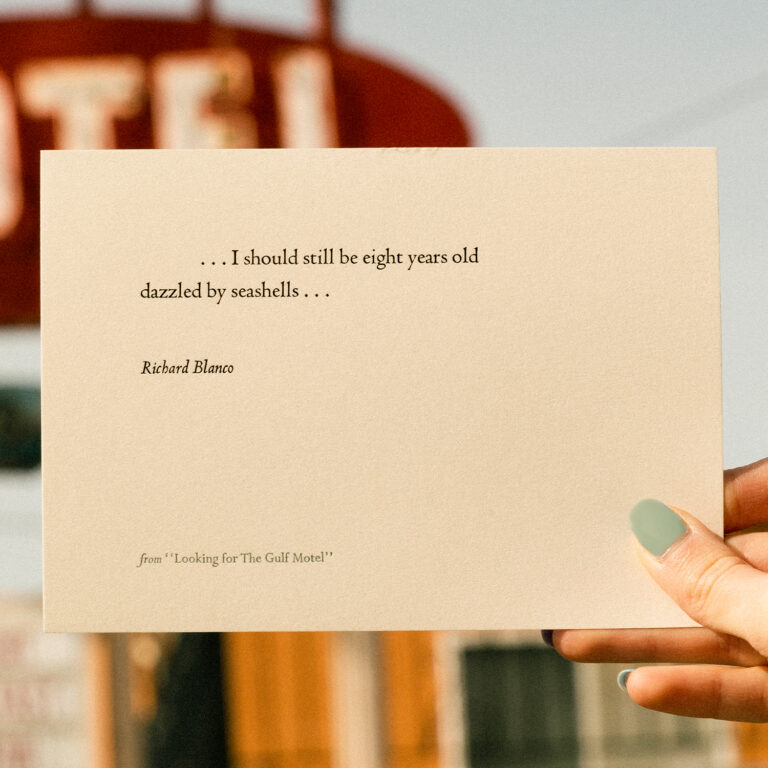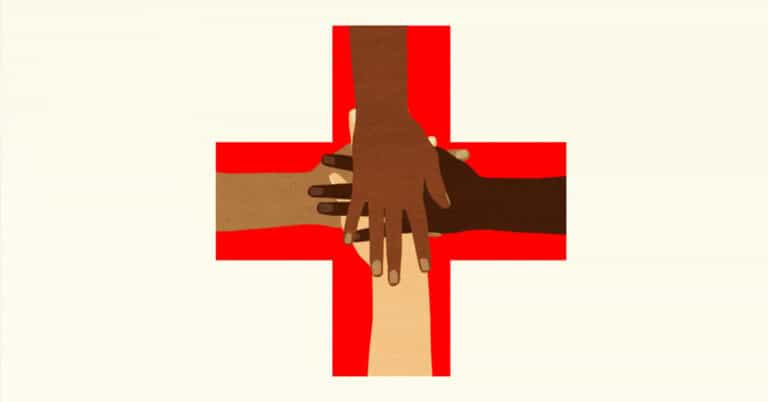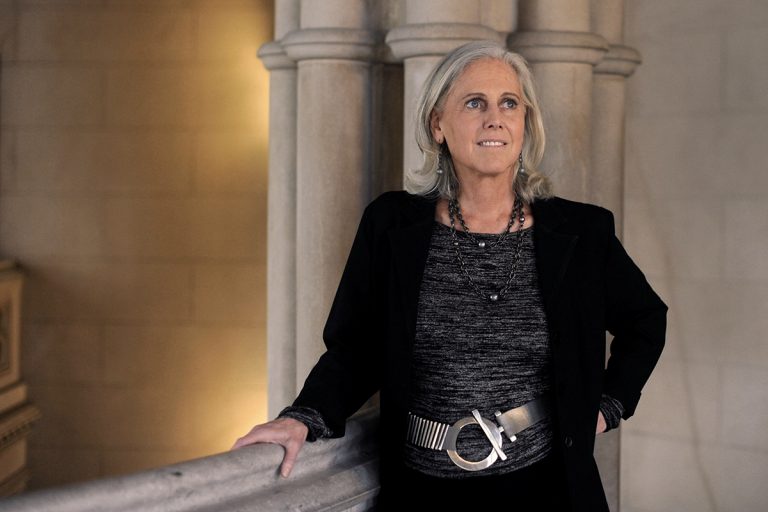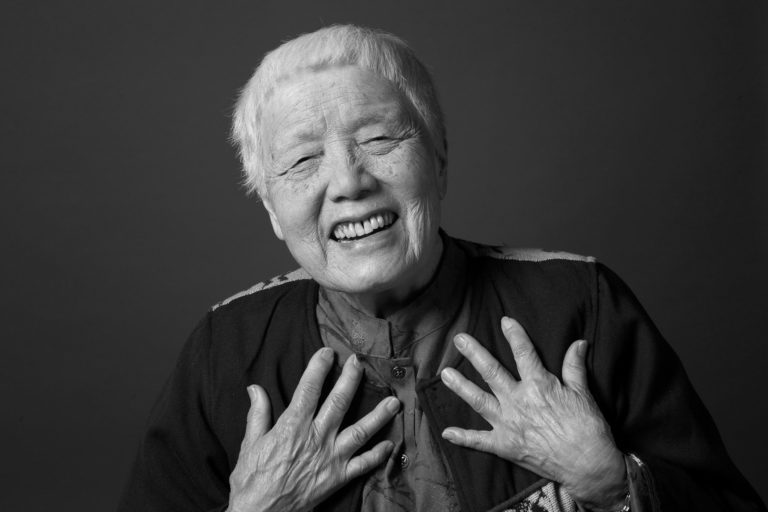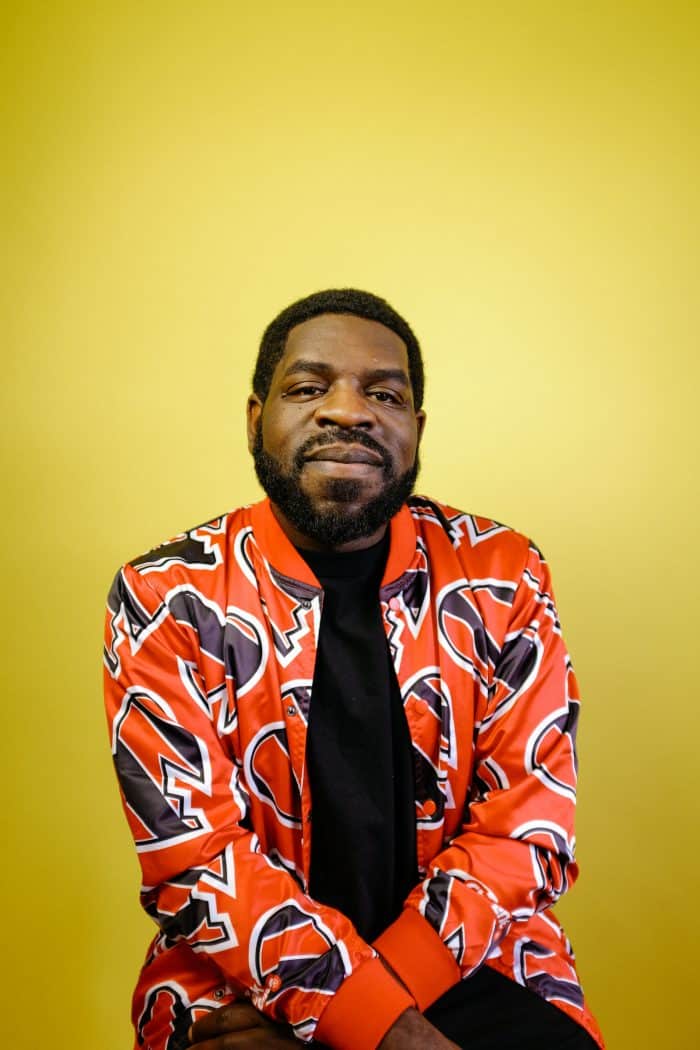Men of all ages say Richard Rohr has given them a new way into spiritual depth and religious thought through his writing and retreats. This conversation with the Franciscan spiritual teacher delves into the expansive scope of his ideas: from male formation and what he calls “father hunger” to why contemplation is as magnetic to people now, including millennials, as it’s ever been.
Search results for “richard rohr”
View
- List View
- Standard View
- Grid View
Filters
The Cuban American civil engineer turned writer, Richard Blanco, straddles the many ways a sense of place merges with human emotion to make home and belonging — personal and communal. The most recent — and very resonant — question he’s asked by way of poetry is: how to love a country? At Chautauqua, Krista invited him to speak and read from his books. Blanco’s wit, thoughtfulness, and elegance captivated the crowd.
Is something lost once it’s gone? How do we blend sadness with sweet memory?
We’re pleased to offer Richard Blanco’s poem, and invite you to sign up here for the latest from Poetry Unbound.
Neuroscientist Richard Davidson is revealing that the choices we make can actually “rewire” our brains. He’s studied the brains of meditating Buddhist monks, and now he’s using his research with children and adolescents to look at things like ADHD, autism, and kindness.
Last month, conservative Christian leaders demanded that Richard Cizik be silenced or removed from his post. They charged that his concerns about climate change and torture have shifted attention away from moral issues such as gay marriage and abortion. But for Cizik, poverty, war, and the environment are moral issues too. We revisit Krista’s 2006 conversation with Cizik that took many listeners by surprise.
February 14, 2019
Richard Davidson
A Neuroscientist on Love and Learning
Neuroscientist Richard Davidson is one of the central people who’s helped us begin to see inside our brains. His work has illuminated the rich interplay between things we saw as separate not that long ago: body, mind, spirit, emotion, behavior, and genetics. Richard is applying what he’s learning about imparting qualities of character — like kindness and practical love — in lives and in classrooms. This live conversation was recorded at the Orange County Department of Education in Costa Mesa, California.
August 18, 2011
Richard Mouw
Restoring Political Civility: An Evangelical View
Richard Mouw challenges his fellow conservative Christians to civility in public discourse. He offers historical as well as spiritual perspective on American Evangelicals’ navigation of disagreement, fear, and truth.
December 2, 2021
Vivek Murthy and Richard Davidson
The Future of Well-being
What if the future of well-being is about “tipping the scales in the world away from fear and toward love”? And what if it’s a surgeon general of the United States, Dr. Vivek Murthy, who talks this way? Krista draws him out with his friend, the groundbreaking neuroscientist Richard Davidson. Together they carry deep intelligence and vision from the realms of science and public health, expansively understood. They explore all we are learning to help move us forward as a species. This conversation was held as a live Zoom event, sponsored by the Center for Healthy Minds.
August 3, 2006
Richard Mouw and Virginia Ramey Mollenkott
Gay Marriage: Broken or Blessed? Two Evangelical Views
Our culture’s acrimonious debate on the morality of gay marriage has been framed in religious — largely conservative Christian — terms. We go behind the rhetoric to explore the human confusion, hopes, and fears this subject arouses. We’ll name hard questions that these religious people on both sides of the issue are asking themselves, and that they would like to ask of others.
August 19, 2004
Khaled Abou El Fadl, Richard Mouw, and Yossi Klein Halevi
The Power of Fundamentalism
Religious fundamentalism has reshaped our view of world events. In this show, host Krista Tippett explores the appeal of fundamentalism in Islam, Christianity, and Judaism, as experienced from the inside. Three accomplished men, who were religious extremists at one time in their lives, provide revealing insight into the spiritual and cultural dimensions of fundamentalism. They also discuss religious impulses which counter the fundamentalist world view and helped them break free.
In the coinciding seasons of Passover and Easter, two world religions celebrate their core stories in ritual and worship. Each of these sacred holidays is based on a key biblical story of suffering and deliverance.
The Christian Holy Week commemorates the death of Jesus leading to the Easter celebration of resurrection. In eight days of Passover, Jews remember and reenact the exodus story.
What can ancient narratives of violence and miracle have to say to contemporary audiences? Host Krista Tippett explores faithful ways of living with these stories and giving them modern sense with featured readings from the Bible, words of a 14th century mystic, and poetry from Wendell Berry.
September 22, 2001
Richard Mouw, Barry Cytron, Patricia Hampl, et al.
Where Was God?
Great religious minds reflect on tragedies surrounding September 11, 2001. As America moves beyond raw emotion and religious sentiment, this program explores theological and spiritual reflection for the long haul. A gathering of provocative reflections across a broad spectrum of faith, woven together with evocative sound and music.
August 15, 2019
Shane Claiborne and Omar Saif Ghobash
Called and Conflicted
Spiritual border-crossing and social creativity were themes in a conversation between Shane Claiborne and Omar Saif Ghobash, two people who have lived with some discomfort within the religious groups they continue to love. Ghobash is a diplomat of the United Arab Emirates and author of Letters to a Young Muslim. One of his responses to the politicization of Islam has been to bring a new art gallery culture to Dubai, creating spaces for thought and beauty. Claiborne is a singular figure in Evangelical Christianity as co-founder of The Simple Way, an intentional neighborhood-based community in North Philadelphia. One of the things he’s doing now is a restorative justice project inspired by a Bible passage — to transform guns into garden tools. This conversation took place at the invitation of Interfaith Philadelphia, which hosted a year of civil conversations modeled after the work of On Being’s Civil Conversations Project.
The glory that coexists in human life right alongside our weird propensity to choose what is not good for us; the difference between a place of sheer loss and a sacred space for mourning; grace as something muscular amidst the muck and mess of reality. These are some of the places of musing, sweeping perspective, and raw wisdom a conversation with Serene Jones takes us. And after hearing this, you’ll never think in the same way again about Woody Guthrie, or John Calvin, or what a Christian upbringing in Oklahoma might be.
In 1965, a young Harvard professor became the best-selling voice of secularism in America with his book The Secular City. He sees the old thinking in the “new atheism” of figures like Richard Dawkins and Christopher Hitchens. The either/or debates between religion and atheism, he says, obscure the truly interesting interplay between faith and other forms of knowledge that is unfolding today.
Chinese-American philosopher and civil rights legend Grace Lee Boggs turned 100 this summer. She has been at the heart and soul of a largely hidden story inside Detroit’s evolution from economic collapse to rebirth. We traveled in 2011 to meet her and her community of joyful, passionate people reimagining work, food, and the very meaning of humanity. They have lessons for us all.
Hanif Abdurraqib’s writing is filled with lyricism, rhythm, people and precision. In his essays and poetry, he introduces readers to a soundscape of Black performance and Black joy: we hear hip-hop and jazz, we hear Nina Simone, Aretha Franklin and Little Richard. Music and performance of every kind are the source of his fascination, focus and wisdom: what makes people cry, or feel safe, or brave; held in struggle, joy, or love. Hanif is interviewed by our colleague, Pádraig Ó Tuama, a poet himself and the host of On Being Studios’ Poetry Unbound podcast, now in its third season.
Fundamental forces of physics somehow determine everything that happens, “from the birth of a child to the birth of a galaxy.” Yet physicist Leonard Mlodinow has an intriguing perspective on the gap between theory and reality — and the fascinating interplay between a life in science and life in the world. As the child of two Holocaust survivors, he asks questions about our capacity to create our lives, while reflecting on extreme human cruelty — and courage.
